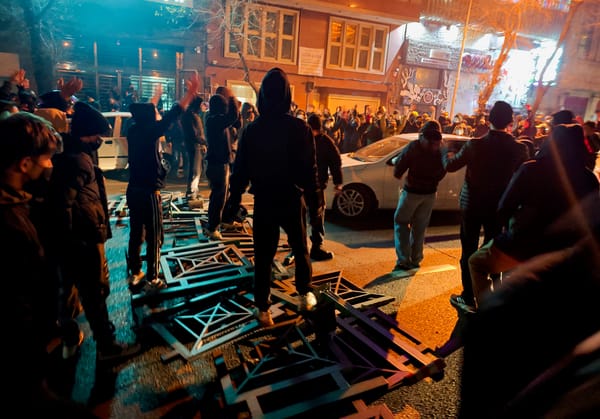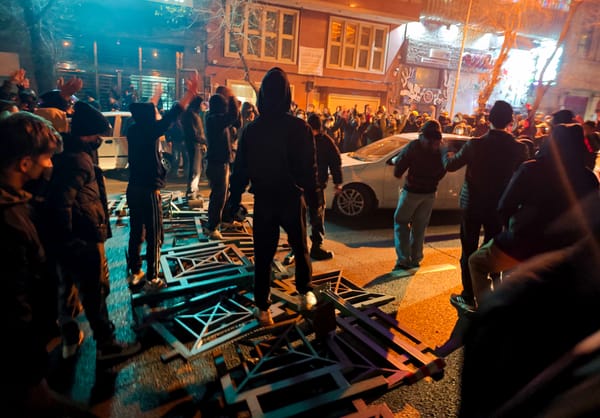Lurking Insecurity
Black clouds off the Nile River hang low over Mandela Camp, ushering in the storms that bring misery to an already wretched existence on the outskirts of Sudan’s capital. The clouds soon open up over the sprawling squatter settlement, and the rain begins its relentless fall. Barnaba Marial Marol, hi









